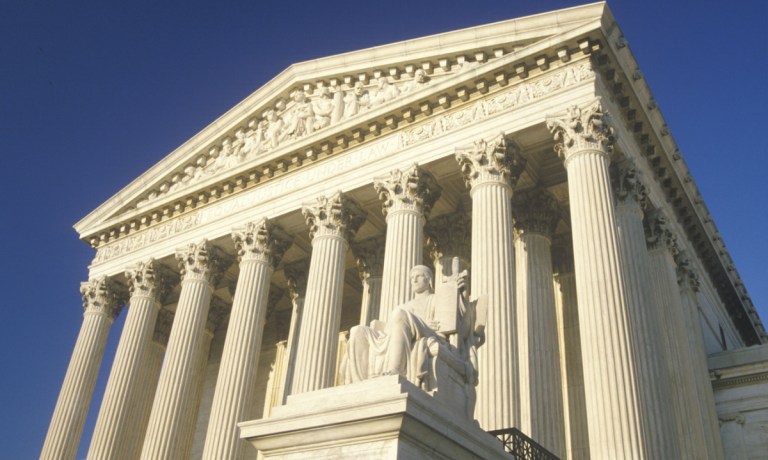Federal Regulations Remain Under Fire After Supreme Court’s CFPB Ruling

The Thursday (May 16) decision by the Supreme Court to uphold the funding mechanism of the Consumer Financial Protection Bureau (CFPB) has been hailed as a victory for supporters of robust federal regulation.
However, these supporters remain uncertain about the future of federal agency powers, given the court’s conservative majority, Reuters reported Friday (May 17).
Federal powers will be tested in pending cases involving agencies such as the Securities and Exchange Commission (SEC), National Marine Fisheries Service (NMFS) and Environmental Protection Agency (EPA), according to the report.
In Thursday’s 7-2 decision, the Supreme Court upheld the CFPB’s funding mechanism, which draws money from the Federal Reserve instead of Congress. This ruling was a win for President Joe Biden’s administration. However, legal experts said that this decision does not guarantee the long-term protection of federal agency powers, the Reuters report said.
The term “war on the administrative state” refers to conservative efforts to weaken federal agencies that regulate various aspects of American business and life. The court’s 6-3 conservative majority has aligned with this effort, raising concerns among some about the future of federal regulation, per the report.
Several pending cases could significantly curtail federal agency powers. The SEC case revolves around the legality of proceedings conducted by the agency’s in-house judges to enforce investor-protection laws, according to the report.
The NMFS case centers on a government-run program to monitor overfishing off New England’s coast. The fishing companies involved in the case are seeking to limit or overturn the “Chevron deference” doctrine, which calls for judges to defer to federal agency interpretations of ambiguous U.S. laws, the report said.
In the EPA-related case, three Republican-led states and energy companies are challenging a regulation aimed at reducing ozone emissions, per the report.
While the CFPB ruling is seen as a victory for federal regulation, legal experts said it does not necessarily predict the court’s stance in other cases, according to the report.
Following the decision in the CFPB case, House Financial Services Committee Chairman Patrick McHenry released a statement urging the House to immediately take up the CFPB Transparency and Accountability Reform Act.
“It’s past time the CFPB is held accountable to the American people through their elected representatives,” McHenry said in the statement.